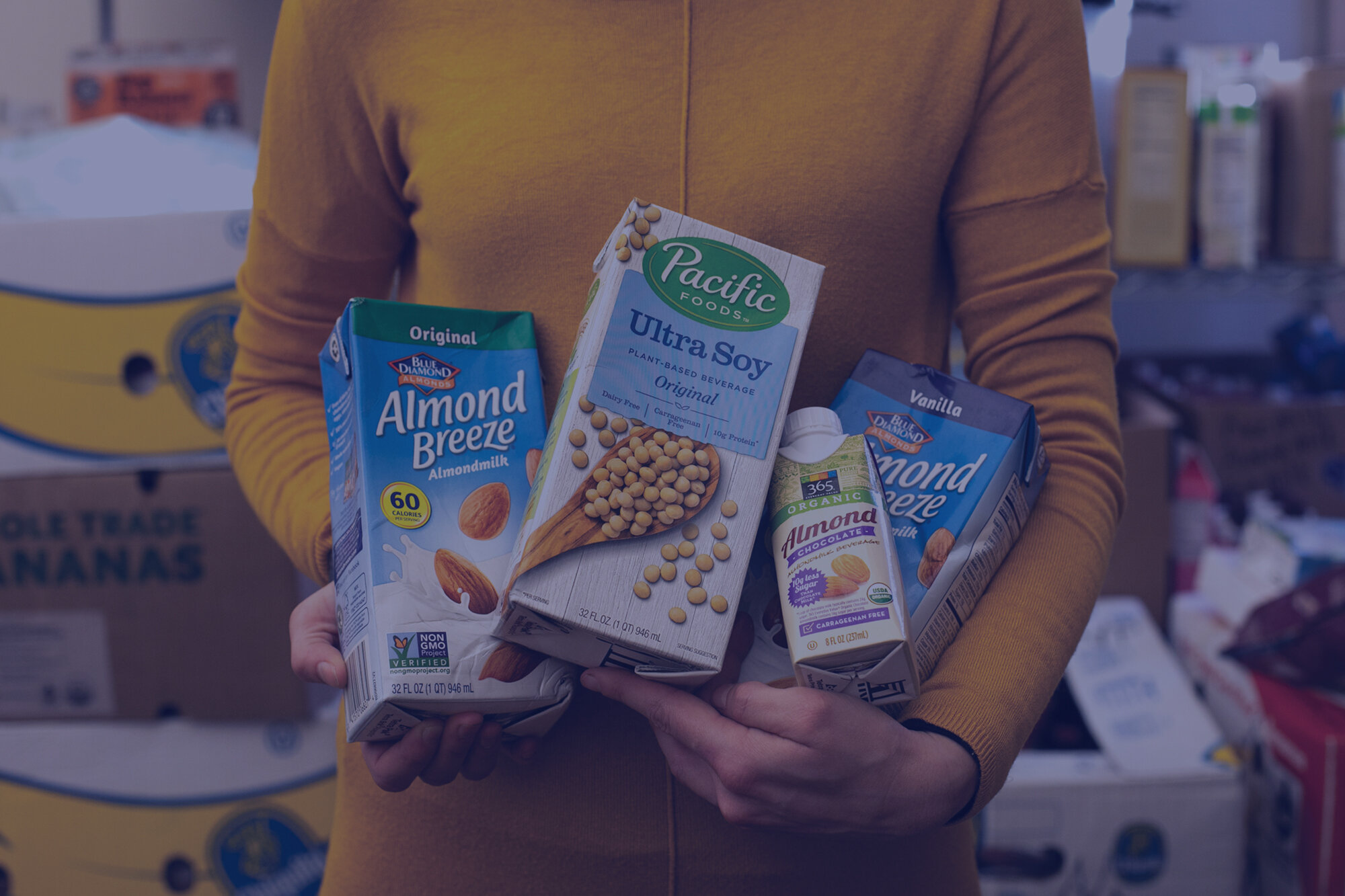
Food Link is the bridge between retailers, distributors, and farms that have surplus food and community organizations seeking nutritious food for people in need.
Over 350 volunteers work alongside our staff to rescue food and bring it to partner organizations in the area.
$218 billion dollars’ worth of food is wasted in the United States per year. That equates to 130 billion meals. (source: RTS)

rescue food
More than 80 percent of Americans discard perfectly good, consumable food simply because they misunderstand code dates. (source: MITRE-Gallup Survey)
Food Link partners with food retailers, distributors, and farms to rescue high-quality fresh fruit, vegetables, meat, dairy, bread, and prepared foods that might otherwise end up in landfills. In 2024 alone, Food Link rescued 1.6 million pounds of fresh food, equivalent to 1.34 million meals’ worth of food. With the support of over 350 dedicated volunteers and 12 staff, Food Link is a nimble and flexible organization operating seven days a week, 360 days a year.
Food Link rescues and distributes food in 47 communities throughout Greater Boston.

distribute food
Recovered food has to be effectively and rapidly linked with the people who can use it.
Food Link strives to provide fresh nutritious food to 120 recipient agencies that serve people experiencing food insecurity. Programs distributing our food include food pantries, schools, afterschool programs, senior centers, low-income housing facilities, communities of worship, veterans centers, and programs for refugees, among others. We work with each community partner to provide customized deliveries in a manner that respects cultural and dietary preferences.
Without Food Link, over one million lbs. of fresh food would be wasted each year, negatively impacting our environment instead of nourishing people in need.

sustainability
Wasted food isn't just a social or humanitarian concern, it's an environmental one.
When we waste food, we also waste all the energy and water that it takes to grow, harvest, transport, and package it. Food rescue reduces greenhouse gas emissions, conserves energy, and alleviates pollution in waterways and groundwater. Click here to learn more about the environmental impact of food waste.
